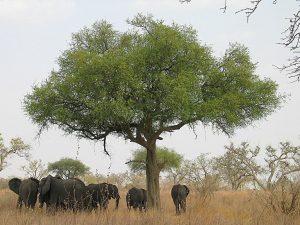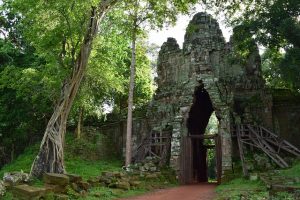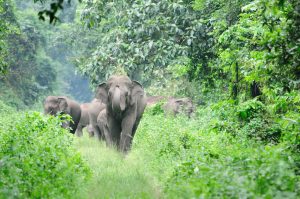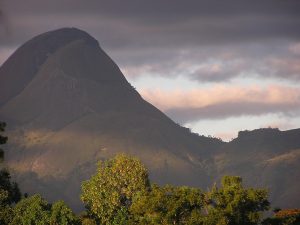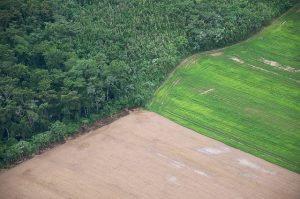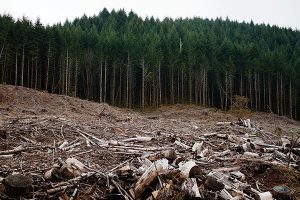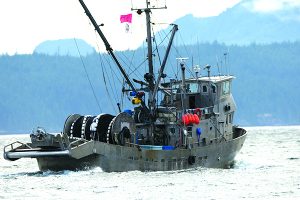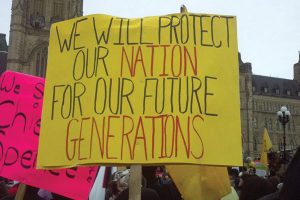Illegal logging in Cameroon
While Cameroon has established a formal system of forest enterprises that are legally registered, rates of illegal logging in the country remain high. A 2002 study conducted by the World Wildlife Fund (WWF) suggests that 50-70% of timber is sourced in this manner.
Illegal logging in Cambodia
From the early 1970s to the mid-1990s, the forest cover in Cambodia decreased sharply from 75% to less than 35%, mainly due to the illegal, but officially sanctioned logging, by the Royal Cambodian Army Forces and Khmer Rouge.
Illegal logging imports in India
With a rising population and increasing demand for wood and wood based products in the real estate sector, India is emerging as a major consumer of illegal timber and one of the world’s largest importers of wood-based products. A decline in domestic wood production means that India needs to meet its demands from other sources. In 2012, nearly 20% of timber imports were estimated to be illegally sourced.
Illegal logging in Mozambique
Mozambique endured sixteen years of brutal civil war and now finds itself at a crossroads between conservation and development. This case study will examine the various ways that development and conservation can co-exist in Mozambique, showing that, when done properly, both are possible.
Illegal Logging in the Brazil Amazon
Brazil is one of the countries with extensive tropical forests and home to 60% of the Amazon rainforest. The country has 27 states with a total land cover of 850 million hectares, where 463 million hectares are estimated to be forested.
Illegal Logging: Multi Billion Dollar Transactions Hiding in Plain Sight
There is no common agreed definition of illegal logging. Three perspectives of what constitutes illegal logging: firstly, that of The Royal Institute of International Affairs (RIIA), an international policy analysis institute, secondly, from Global Witness, an international Rights NGO, and thirdly, from the Indigenous Network on Economies and Trade (INET), a Canadian Aboriginal NGO.
Canada’s Pacific Groundfish Trawl Fishery: Ecosystem Conflicts
The B.C. groundfish trawl fishery came under attack from ENGOs in the mid-2000s for destruction of the aquatic habitat. This case study examines the negotiations and the degree of success of the world’s first habitat bycatch limitation agreement.
Global Climate Justice
What distribution of adjustment costs for climate change mitigation is fair, and should be acceptable to the most (important) countries? Are there ways of framing the issue that could be more effective in galvanizing effective action?
The Enbridge Northern Gateway Pipelines: Reconciling Interests
Is it possible to reconcile the competing interests between the project proponent and those First Nations communities who oppose the project on the one hand and the conflict between First Nations – where some communities oppose the project and others are in support of it?
